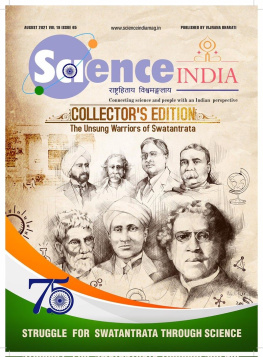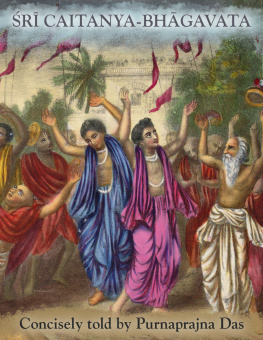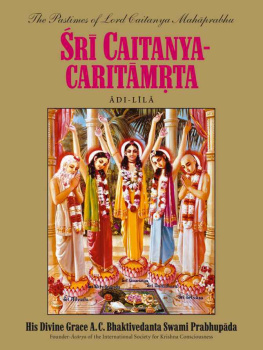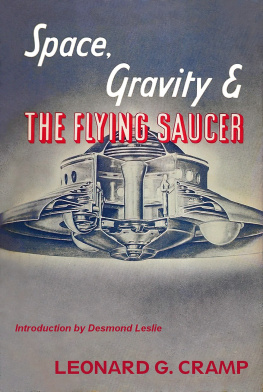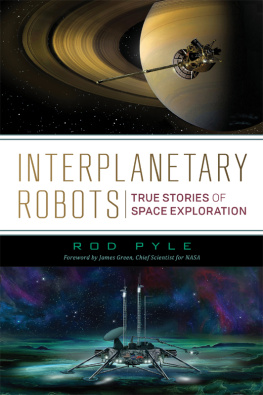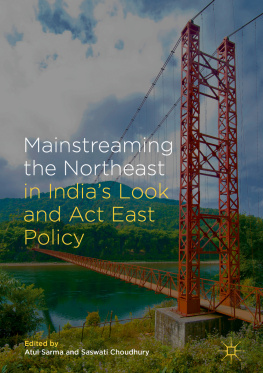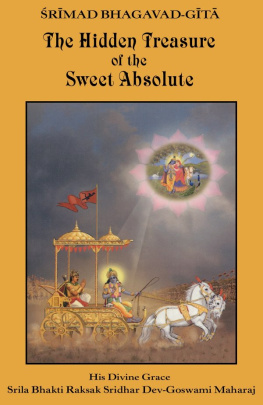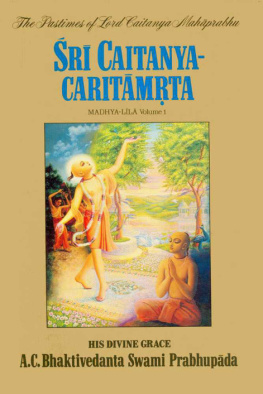Chaitanya Giri - India in the Second Space Age of Interplanetary Connectivity
Here you can read online Chaitanya Giri - India in the Second Space Age of Interplanetary Connectivity full text of the book (entire story) in english for free. Download pdf and epub, get meaning, cover and reviews about this ebook. year: 2021, publisher: Taylor & Francis, genre: Politics. Description of the work, (preface) as well as reviews are available. Best literature library LitArk.com created for fans of good reading and offers a wide selection of genres:
Romance novel
Science fiction
Adventure
Detective
Science
History
Home and family
Prose
Art
Politics
Computer
Non-fiction
Religion
Business
Children
Humor
Choose a favorite category and find really read worthwhile books. Enjoy immersion in the world of imagination, feel the emotions of the characters or learn something new for yourself, make an fascinating discovery.
- Book:India in the Second Space Age of Interplanetary Connectivity
- Author:
- Publisher:Taylor & Francis
- Genre:
- Year:2021
- Rating:3 / 5
- Favourites:Add to favourites
- Your mark:
- 60
- 1
- 2
- 3
- 4
- 5
India in the Second Space Age of Interplanetary Connectivity: summary, description and annotation
We offer to read an annotation, description, summary or preface (depends on what the author of the book "India in the Second Space Age of Interplanetary Connectivity" wrote himself). If you haven't found the necessary information about the book — write in the comments, we will try to find it.
India in the Second Space Age of Interplanetary Connectivity — read online for free the complete book (whole text) full work
Below is the text of the book, divided by pages. System saving the place of the last page read, allows you to conveniently read the book "India in the Second Space Age of Interplanetary Connectivity" online for free, without having to search again every time where you left off. Put a bookmark, and you can go to the page where you finished reading at any time.
Font size:
Interval:
Bookmark:
- Explores imminent trends in space exploration and interplanetary connectivity plans, their returns to the global economy of the future and impact on the global astropolitical order.
- Analyses the techno-economic significance of Indias space exploration by reviewing the legal, ethical and philosophical challenges; the limits of global space exploration policies; and the economic lacunae for the astropolitical gains.
- Examines the transformational trio of Chandrayaan, Mangalyaan and Gaganyaan; dawn of the Second Space Age; interplanetary connectivity projects; besides discussing the viability of humans becoming an interplanetary species.

- Abu Dhabi
- AECOM
- Afghanistan
- Ahmedabad
- Airbus Defense and Space
- Aitken Basin
- Akatsuki
- Apis Cor Engineering
- Apollo
- Apollo Lunar Landing Legacy Bill
- Apollo-Soyuz
- Applied Physics Laboratory
- Ariane
- Artemis Accords
- Artemis Programme
- Astronautical Society of India
- Australia
- Australian Civil Space Strategy
- Austria
- Ballistic Missile Defense Organization
- Bangladesh
- Battelle Energy Alliance
- Bay of Bengal
- Bay of Bengal Initiative for Multi-Sectoral Technical and Economic Cooperation (BIMSTEC)
- Beijing
- Beijing Interstellar Glory
- Belarus
- Belt and Road Initiative (BRI)
- Bengaluru
- Bharatmala
- BIOPAN
- Blue Origin
- Boeing
- Brazil
- Brown University
- Bulgarian Academy of Sciences
- Business 20 (B20)
- Business in Space Growth Network (BSGN)
- California
- Canada
- Canberra
- Cassini-Huygens
- Castor
- Central Military Commission of the Communist Party of China
- Central Military Commission of the Peoples Republic of China
- Centre for Cellular and Molecular Biology
Font size:
Interval:
Bookmark:
Similar books «India in the Second Space Age of Interplanetary Connectivity»
Look at similar books to India in the Second Space Age of Interplanetary Connectivity. We have selected literature similar in name and meaning in the hope of providing readers with more options to find new, interesting, not yet read works.
Discussion, reviews of the book India in the Second Space Age of Interplanetary Connectivity and just readers' own opinions. Leave your comments, write what you think about the work, its meaning or the main characters. Specify what exactly you liked and what you didn't like, and why you think so.

